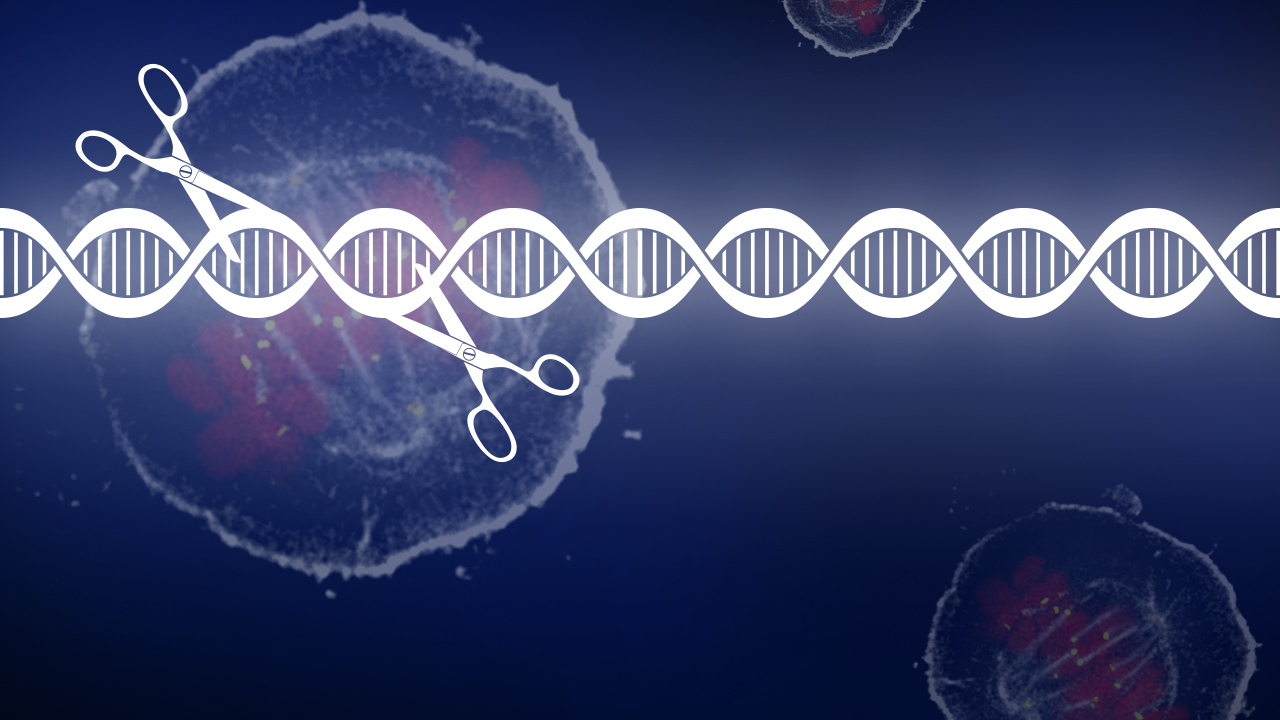What Is the World to Do About Gene-Editing?
By Stephen Buranyi,
The New York Review of Books
| 03. 21. 2019
When the journal Science chose the radical gene-editing technology CRISPR as its 2015 breakthrough of the year, the editorial team closed its description on a dire note. “For better or worse, we all now live in CRISPR’s world,” they wrote. Emerging into the public consciousness in 2013, CRISPR has been with us only as long as it takes to complete secondary school, but like the information technologies that rose alongside it, it is often described as if it is beyond regulation and direction, as if it had acquired its own uncompromising telos.
CRISPR works by repurposing parts of an ancient bacterial immune system to make the job of editing genes in almost any organism unprecedentedly simple and accurate. So simple, in fact, that unlike other scientific advancements that are perpetually just around the corner, CRISPR entered widespread use almost immediately. Gene-edited mice and zebrafish, classic laboratory models, rapidly gave way to edits in the genomes of livestock such as pigs and cows. Chinese scientists have been running human gene-editing trials since 2016, and the first stateside trials for CRISPR in...
Related Articles
By Diaa Hadid and Shweta Desai, NPR | 01.29.2026
MUMBRA, India — The afternoon sun shines on the woman in a commuter-town café, highlighting her almond-shaped eyes and pale skin, a look often sought after by couples who need an egg to have a baby.
"I have good eggs,"...
By George Janes, BioNews | 01.12.2026
A heart attack patient has become the first person to be treated in a clinical trial of an experimental gene therapy, which aims to strengthen blood vessels after coronary bypass surgery.
Coronary artery bypass surgery is performed to treat...
By Staff, ScienceDaily | 01.05.2026
Scientists at UNSW Sydney have developed a new form of CRISPR technology that could make gene therapy safer while also resolving a decades-long debate about how genes are switched off. The research shows that small chemical markers attached to DNA
...
Following a long-standing CGS tradition, we present a selection of our favorite Biopolitical Times posts of the past year.
In 2025, we published up to four posts every month, written by 12 authors (staff, consultants and allies), some in collaboration and one simply credited to CGS.
These titles are presented in chronological order, except for three In Memoriam notices, which follow. Many more posts that are worth your time can be found in the archive. Scroll down and “VIEW...




